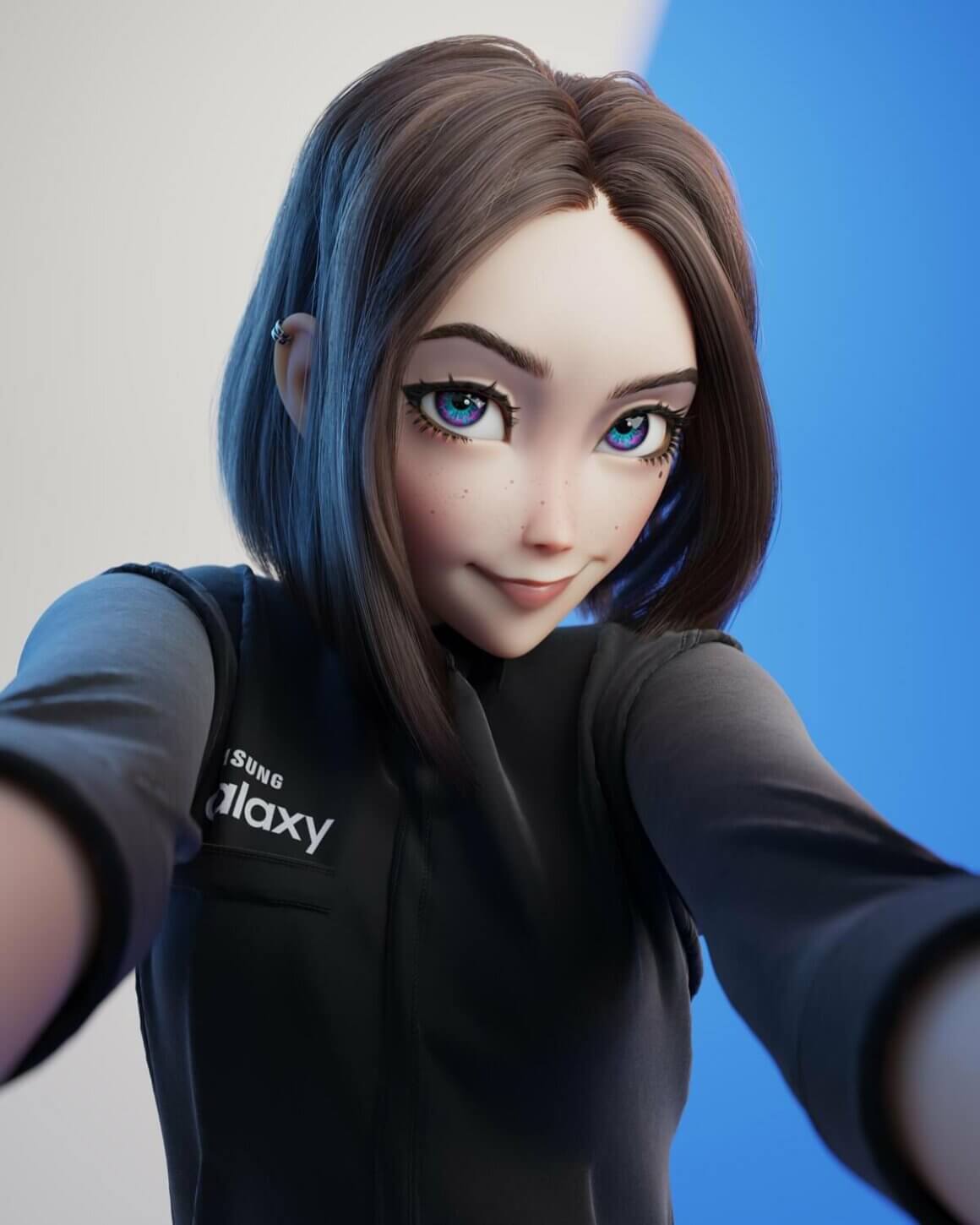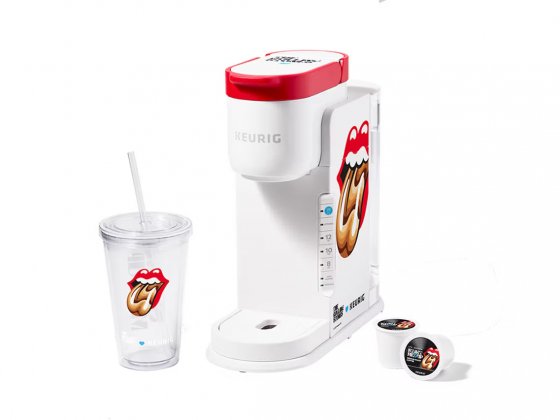Unlike real people, virtual characters practically do not run the risk of being drawn into negative social situations that can affect their image.
In modern digital marketing, a new trend has emerged - the use of virtual characters. This is not surprising, given the advantages they have over live actors. A virtual character can be created with absolutely any appearance, which, if necessary, is not difficult to correct, quickly changing the image and fitting it to the new needs of the company. Digital “human models” are able to work around the clock, despite the fact that they can be placed in a variety of conditions, from an ordinary apartment to a magical forest or the surface of an alien planet.
At the same time, the risk that a virtual character will be drawn into some kind of scandal, crime or other negative social situation is relatively small (although such precedents have already taken place). All these advantages lead to the fact that the demand for such media people is constantly growing.
The idea that virtual actors can replace real people is nothing new. However, what was once only the lot of science fiction novels is gradually becoming commonplace today. But if some time ago there was still an opinion that virtual people would occupy secondary roles, today it has become clear that the general public willingly accepts them in top positions. Virtual characters "lead" pages on social networks that have many subscribers, and the songs "sung" by them become extremely popular on streaming audio services.
Lil Miquela is one of the most famous virtual models. The character, created in 2016, is a 19-year-old Brazilian-American woman. Michela has over 3 million followers on Instagram, and her digital single was ranked eighth most popular on Spotify. She has modeled for world-famous fashion brands such as Chanel and Prada and is also signed to Creative Artists Agency, one of Hollywood's top three agencies. In 2020 alone, Michela earned over $11 million. One post on Instagram brings her about $8,500.
It is interesting that this virtual character even managed to "light up" in a couple of scandalous stories. So, in 2019, a video appeared on the Web in which Michela talked about being the victim of sexual harassment by an unknown person who wanted to make sure "how real she is." Many users then felt that this was an insult to all the girls who had ever been sexually abused. However, this video never appeared on Lil's official pages on social networks.
And for Calvin Klein commercials, Michela starred with real model Bella Hadid. The commercial ended with the girls kissing passionately, which caused displeasure among the LGBT community, who felt that the male-oriented fashion brand was exploiting the topic of same-sex relationships solely to increase sales, and even using a personality that did not exist in reality. Subsequently, Calvin Klein even officially apologized for this video.
No less famous was Samantha Samsung - a character created for a well-known South Korean corporation. And although Samsung in the end, she didn’t use Samantha for advertising, and the girl herself was performed in a deliberately “cartoonish” manner, this did not prevent her from becoming extremely popular, literally blowing up social networks.
We can safely assume that in the foreseeable future, such stories will become the most common occurrence. It is expected that by next year, spending on virtual models will be in the billions. The creation and support of virtual models will become an extremely profitable business, the studios involved in this will work with many global brands. We live in a time when the boundary between virtuality and reality is gradually blurring, and what seemed like science fiction yesterday will become a familiar phenomenon for everyone tomorrow.













